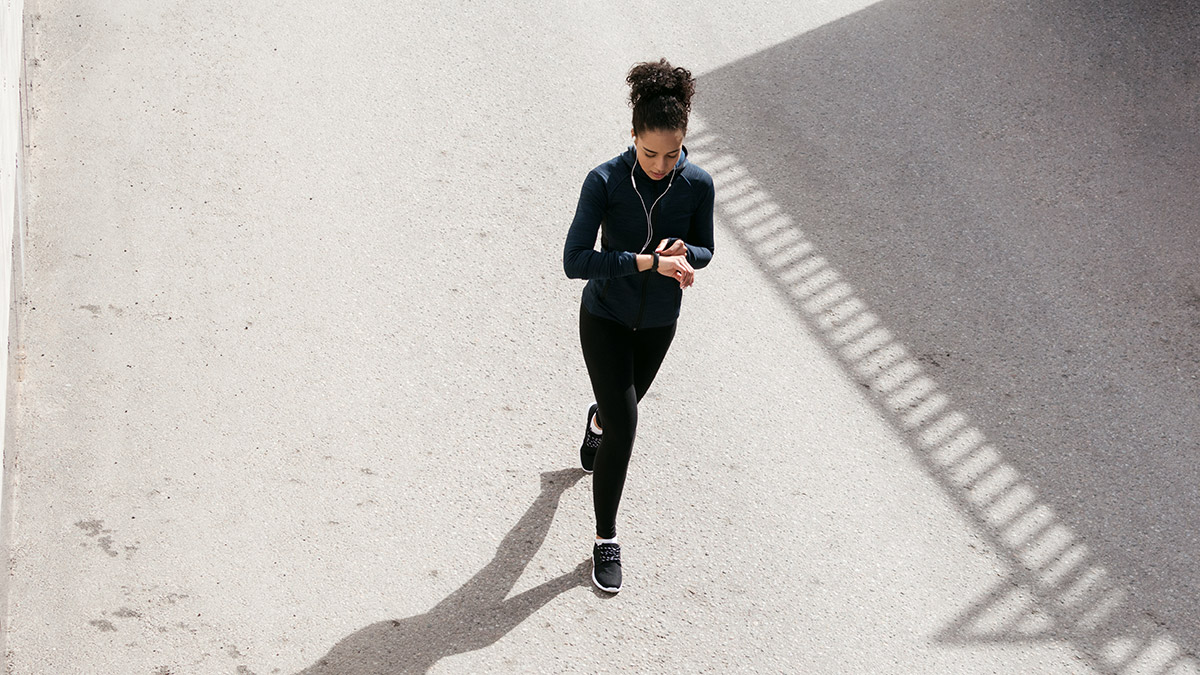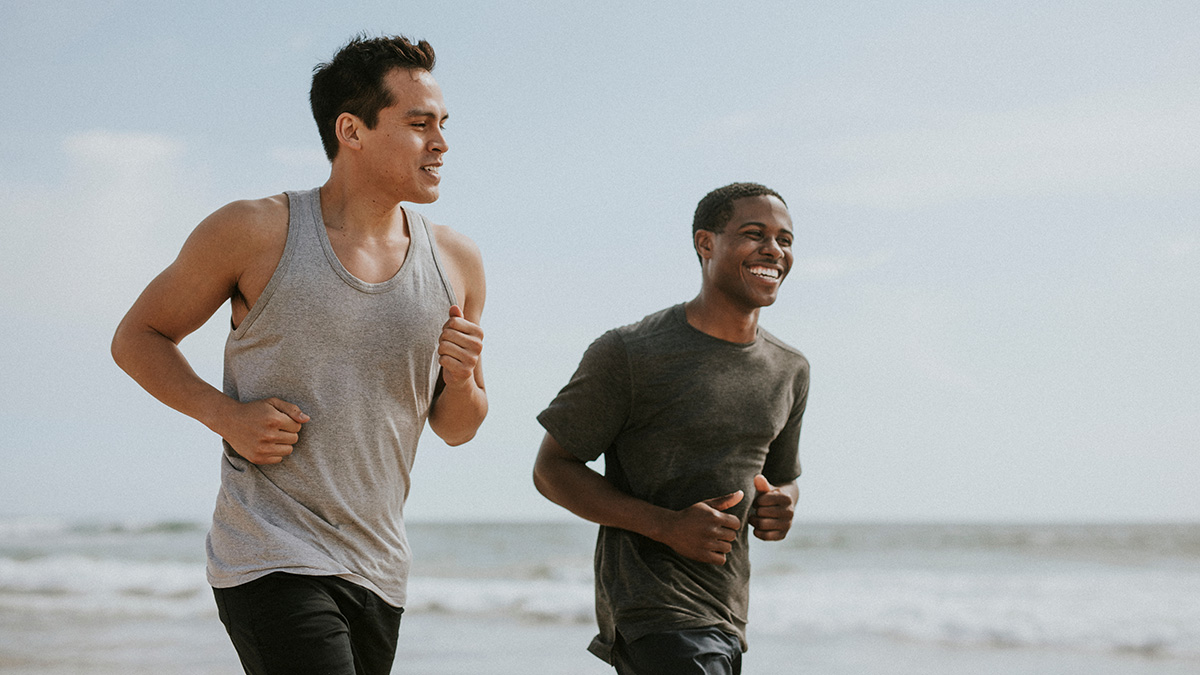How Soon Should You Return to Exercise After Having Covid?

If a seasonal cold or hangover forces you to miss a few gym sessions, it shouldn’t derail your training too much. But a viral infection like Covid-19 can be a different story. While some people recover quickly, others feel wiped out for weeks, and getting your gym mojo back can take much longer.
Knowing how and when to return to exercise after Covid can be tricky as research into the topic is limited and still in its early stages. Experts say how quickly you can bounce back depends on each person, but we’ve found some handy, general pointers for rejoining the Strava pack after a prolonged illness.
Why is exercise good for us?
You don’t want to overtax your body, and taking time to recover after any illness is crucial, but moving again is essential for returning to total health.
“The NHS recommends that we get at least 150 minutes of moderate exercise each week, or 90 minutes of intense exercise every week,” says James Bickerstaff, certified personal trainer at OriGym Centre Of Excellence. “When done correctly, this routine can provide lots of health benefits for our bodies.”
Notably, studies have found that exercise increases the circulation of immune cells, making us less likely to get sick again in the future. It also aids sleep, helps with joint pain, can speed up recovery and reduces the risk of other long-term health issues.
Regular exercise is proven to be a guaranteed mood booster too. “Since workouts stimulate the production of hormones like endorphins, they naturally make you feel happy and reduce pain,” Bickerstaff notes.
How should you start being active again after Covid?
There’s no official hard and fast rule on returning to exercise after coronavirus, but government guidelines recommend a gradual, phased approach.
It’s essential to take it easy and listen to your body. “Start with light bouts of walking each day and increase your activity over time,” advises Bickerstaff. “Set small but achievable goals for your recovery.”
Setting goals will keep you motivated in your journey back to health. “I recommend using a fitness tracker to monitor your progress, too,” says Bickerstaff.
Don’t be disheartened by days when you feel too weak to continue. “It’s normal after an infection and is unlikely to be a permanent issue,” assures Bickerstaff. “On these days, prioritise rest,” he adds.
How do you know if you’re exercising at the right level?
Pay attention to your body in those first few sessions. “One simple way to estimate whether you’re exercising at the right level is to conduct a breath test,” says Bickerstaff. “A breath test requires you to hold a conversation with someone whilst exercising, and if you struggle and become out of breath easily, then it can be deemed too intense.”
You should stop exercising and speak to your doctor if you have pain or tightness in your chest, if you feel dizzy or faint, if you experience recurring Covid symptoms, or if your heart is beating faster than it should. These symptoms are a sure sign that you need to dial things down.
How long after having Covid should you wait before exercising?
While some people will feel back to their best quite quickly, others might struggle to do simple things like walking the dog or making a cup of tea. How soon you can start exercising again will depend on the severity of your illness, whether you still have lingering symptoms and any pre-existing conditions you may have.
You should always wait until you feel better before attempting your regular gym classes. “Wait until you’ve had a minimum of 10 days rest from exercise and have been symptom-free for seven days before resuming any exercise other than walking,” says Abbas Kanani, a pharmacist at online pharmacy Chemist Click. “This a general rule of thumb for healthy people who have had minimal complications from the virus.”
Long Covid can make exercise more complicated; the term for when symptoms carry on even after your infection has resolved. In the International Journal of Environmental Research and Public Health, researchers from the University of Leeds reported exercise is likely to play a role in helping people to recover from long Covid, but that overdoing it could result in symptoms getting worse. If you think you may have long Covid, it’s worth getting advice from your GP before commencing any level of activity yourself.
Being mindful of how you exercise after Covid is important, but it’s also a good idea to think about nutrition. Top up your lost fluids with plenty of water and eat healthy, balanced meals with all the nutrients you need to come back fighting fit.




















